Last Updated on May 4, 2023 by Rachel Hall
We all desire to form healthy relationships. But at the same time, we all have different attachment styles that influence the way we connect with friends, family, or other people.
I have noticed that those who have an anxious attachment style, which we are going to talk more about later, may desire more intimacy but also worry about rejection. Others may feel uncomfortable with any kind of intimacy.
Due to these differences, anxiously attached people have different reasons for using dating apps but they tend to enjoy them the least.
According to psychologist Kristi Chin, people with various anxious attachments and people who need extra reassurance in their relationships are more likely to search for a romantic partner using dating apps. Although they swipe the most, they tend to get hurt more and like online dating the least of all the attachment styles.
Understanding the Different Attachment Styles
- Anxious attachment
The way people interact with others, process emotions and view society is determined by their attachment style.
In online dating, individuals with anxious attachment styles find it difficult to find solutions to their special desires in a manner that guards their mental health and psychological well-being. Their perception of others, stress management, and dating behaviour can be unbalanced.
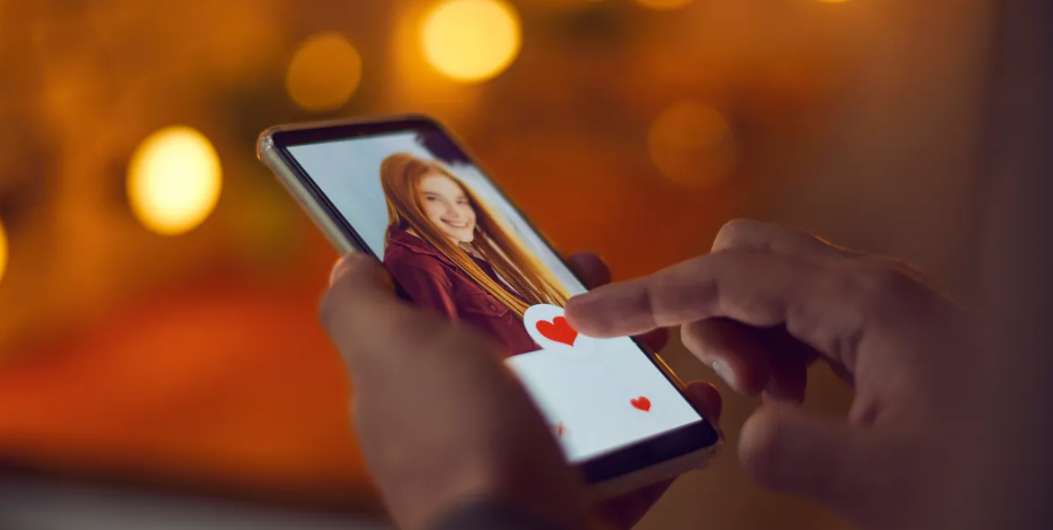
- Secure attachment
Healthy attachment deals with the belief that the world is a safe zone and they can predict certain events. They easily trust people and feel everyone deserves to be loved.
Such people are good at keeping an emotional balance, asking for reassurance, making themselves feel better and walking away when needed.
- Dismissive attachment
People with a dismissive attachment are often uncaring individuals who are strong and independent and see others as weak and indifferent.
They avoid getting close to others and opening up early in a relationship since they have been taught early on that it is dangerous to trust people emotionally.
The problem is that they can have some charisma and be jovial until you realise they don’t want to establish closeness with you.
- Fearfully attachment
There are times when I get scared of attaching to anyone. I’ve noticed that people with fearfully attached styles may seem more unpredictable than those with dismissing styles.
In the end, most girls particularly have been taught early in life that the people they make a connection with are the ones who can harm them most.
The person who is fearfully attached may seem interested in a date, but that doesn’t mean they won’t become frightened and snub you afterwards.
Generally, the worst experiences come from those with anxious attachment types.
A lonely person may feel lonely without love. Parents who raised preoccupied children were usually unpredictable in their responses to their kids. That love was just enough to always bring them to their parents; however, they were always threatened with rejection and distancing. Their adult perception is that the world is unpredictable and dangerous.
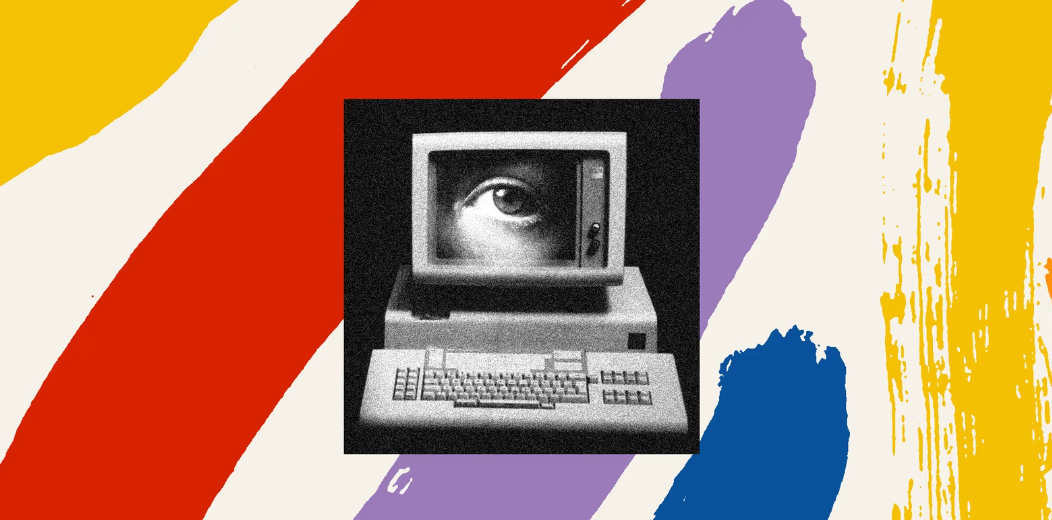
Understanding Dating Apps
I strongly believe that there is no evidence that dating apps produce long-term relationships because their algorithms do not permit that.
Every app would go out of business if all users got lucky and fell in love on their first date. To keep individuals hooked, they use various rewards and anxiety-reducing tactics.
Social rewards and punishments will be particularly noticeable to those having preoccupied styles. Dating apps are among the most popular, which should be no surprise.
Due to excessive swiping, most people think they do better than others, are afraid of being alone, and feel overwhelmed by the number of dating options available.
According to the survey, most of those with preoccupied attachment styles were likely to use the apps weekly and to seek lasting relationships of all attachment styles.
While less satisfied with apps, they are the most worried when they get ghosted while communicating. They seem to desire more but receive less.
Online dating applications might not be the most suitable option for those with anxious attachment styles. Consider these other factors:
Final Thoughts
People with avoidant anxiety use online dating apps most but enjoy them least because of these reasons.
However, self-conscious people can benefit from online dating when they find counselling. They can get to know people before making a connection by asking them questions and getting to know them.
Additionally, they can meet up whenever they like. Fulfilling someone you love doesn’t require much effort. It’s easy to initiate a chat with someone you’re interested in.

Rachel Hall, M.A., completed her education in English at the University of Pennsylvania and received her master’s degree in family therapy from Northern Washington University. She has been actively involved in the treatment of anxiety disorders, depression, OCD, and coping with life changes and traumatic events for both families and individual clients for over a decade. Her areas of expertise include narrative therapy, cognitive behavioral therapy, and therapy for traumatic cases. In addition, Rachel conducts workshops focusing on the psychology of positive thinking and coping skills for both parents and teens. She has also authored numerous articles on the topics of mental health, stress, family dynamics and parenting.

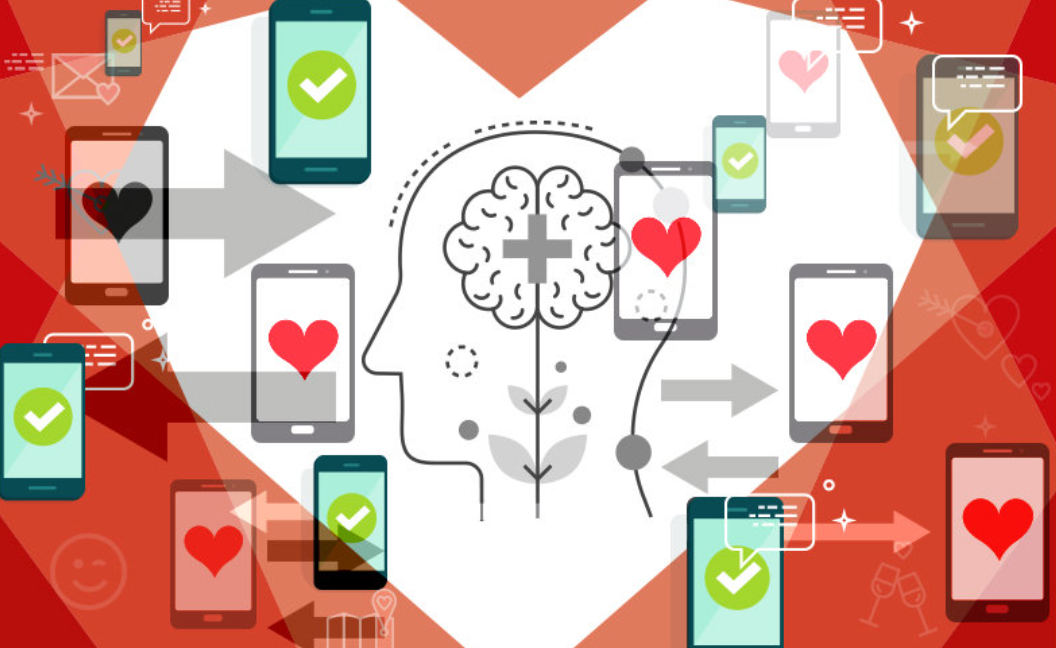
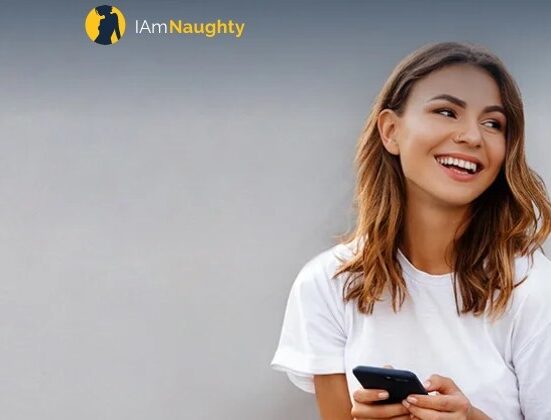
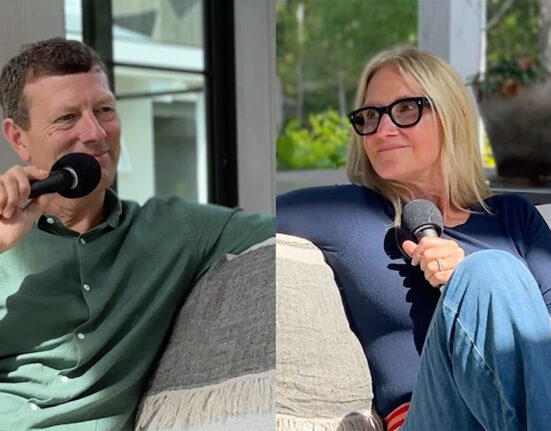

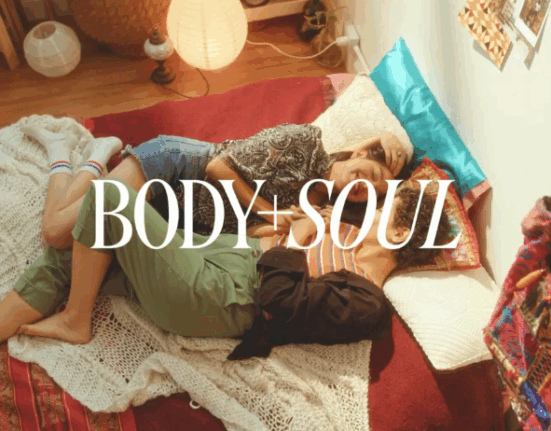
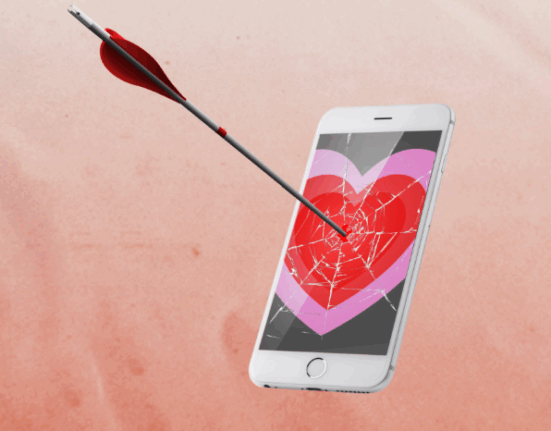
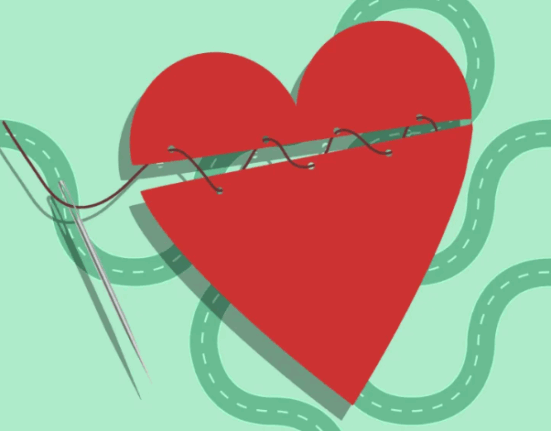
Leave feedback about this